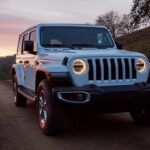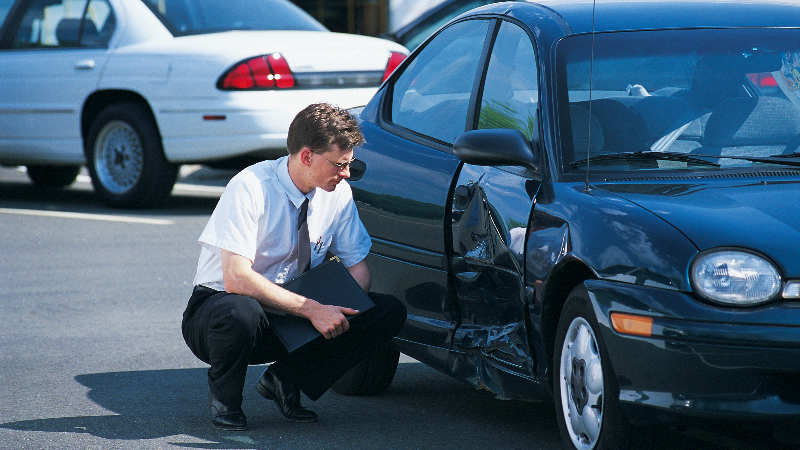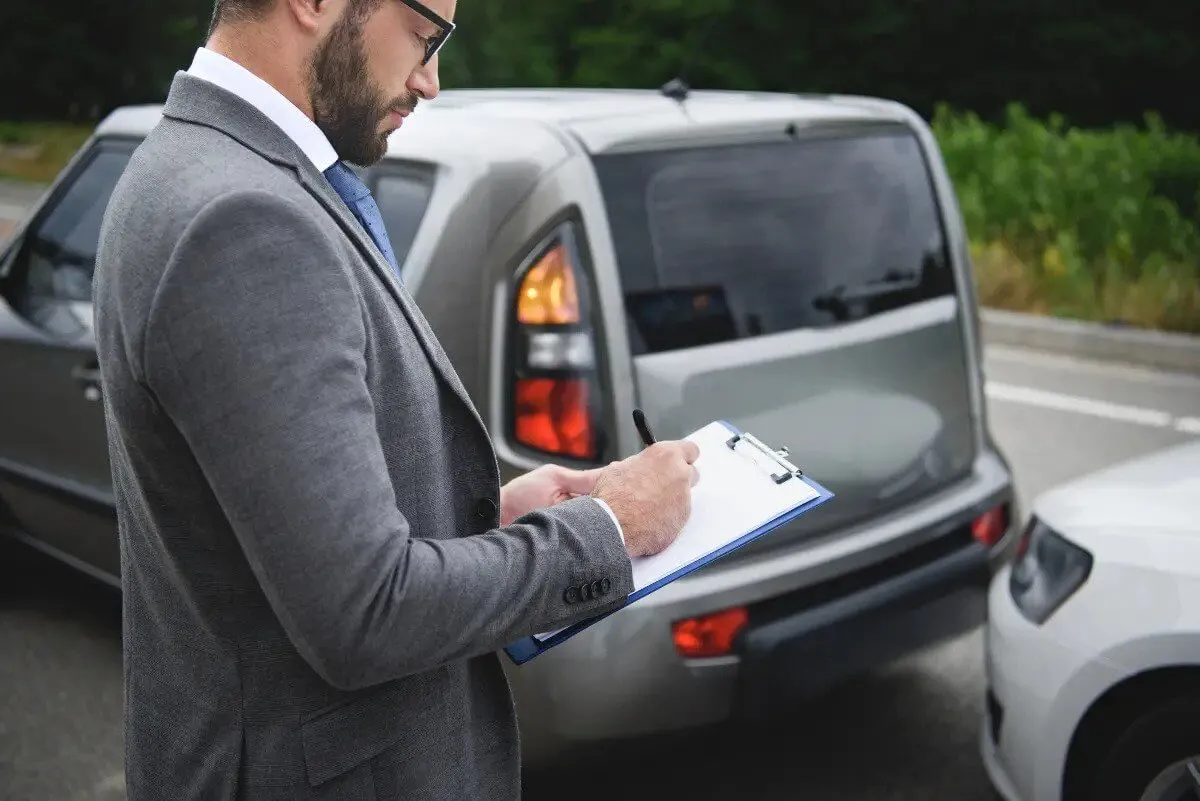When it’s time to get a new car, one of the biggest decisions you’ll face is whether to lease or buy. Both options come with their own set of advantages and disadvantages, and the right choice depends on your personal needs, budget, and long-term goals. In this guide, we’ll break down the pros and cons of leasing and buying a car to help you make an informed decision.

Leasing a Car: The Benefits
Leasing a car means you’re essentially renting it for a set period, usually 2 to 3 years. At the end of the lease, you return the car to the dealer and can either lease a new one or walk away. Here are some of the main benefits of leasing:
Lower Monthly Payments
One of the biggest attractions of leasing is that monthly payments are typically lower compared to buying. This is because when you lease a car, you’re only paying for the depreciation during the lease term, not the full price of the car. If you like driving a new car but don’t want to pay high monthly payments, leasing might be the way to go.
Driving a New Car Every Few Years
Leasing allows you to drive a new car every few years without worrying about the long-term commitment of owning it. If you enjoy having the latest technology, features, and styles, leasing gives you the opportunity to switch vehicles regularly. You also don’t have to deal with the hassle of selling or trading in a car when you’re ready for something new.
Lower Repair Costs
Leased cars are typically under warranty for the duration of the lease, so you won’t have to pay for most repairs. This can save you money on unexpected repair costs. However, you’ll still be responsible for routine maintenance like oil changes, tire rotations, and brake checks.
Buying a Car: The Benefits
Buying a car means you own it outright once the loan is paid off. While the upfront costs and monthly payments are generally higher, owning a car has its own set of advantages:
Long-Term Savings
While monthly payments are higher when you buy a car, once the loan is paid off, you own the vehicle free and clear. This means you can drive it for many years without having to worry about payments. Over time, this can save you a significant amount of money, especially if you plan on keeping the car for a long period.
Unlimited Mileage
When you lease a car, there are usually mileage limits, and exceeding them can result in expensive penalties. If you plan to drive a lot, buying a car may be the better option. With ownership, you can drive as much as you like without worrying about mileage restrictions.
Customizing Your Vehicle
When you own a car, you have the freedom to modify or customize it however you like. Whether it’s upgrading the sound system, adding new rims, or changing the interior, you have complete control over your vehicle. With a lease, you’re typically required to return the car in its original condition, which limits your ability to make changes.
No Worries About Ending the Lease
At the end of a lease, you have to decide whether you want to buy the car, return it, or lease something else. Buying a car removes that uncertainty. Once you’ve paid off the car, you’re not tied to any ongoing payments or leases, and you can choose to keep the car for as long as it suits you.
Which Option Is Right for You?
The decision to lease or buy comes down to your financial situation, lifestyle, and long-term preferences. Here are some things to consider when deciding which option is best for you:
Leasing Might Be Right for You If:
- You prefer lower monthly payments and like driving a new car every few years.
- You don’t drive a lot of miles each year or can stay within the lease’s mileage limits.
- You enjoy having a warranty that covers most repairs and maintenance costs.
- You don’t mind returning the car at the end of the lease term.
Buying Might Be Right for You If:
- You’re willing to make higher monthly payments in exchange for long-term savings.
- You plan to keep the car for many years and want to avoid the hassle of leasing or trading in.
- You drive a lot of miles each year and need the flexibility of unlimited mileage.
- You want the freedom to customize your car and make it your own.
Conclusion
Whether you choose to lease or buy your next car depends on your individual needs and preferences. Leasing offers lower monthly payments and the ability to drive a new car every few years, while buying provides long-term savings and the freedom to drive as much as you want. Consider how much you drive, how long you plan to keep your car, and your budget to make the best choice for your next vehicle. Whatever you decide, both leasing and buying have their advantages, so take your time and find the option that works best for you.

Max isn’t your ordinary auto blogger. He’s your friendly neighborhood gearhead, here to guide you through the automotive maze. His blog is like a conversation with a buddy who’s always got the latest auto scoop.










